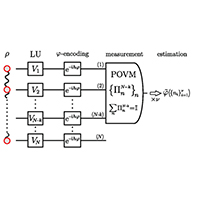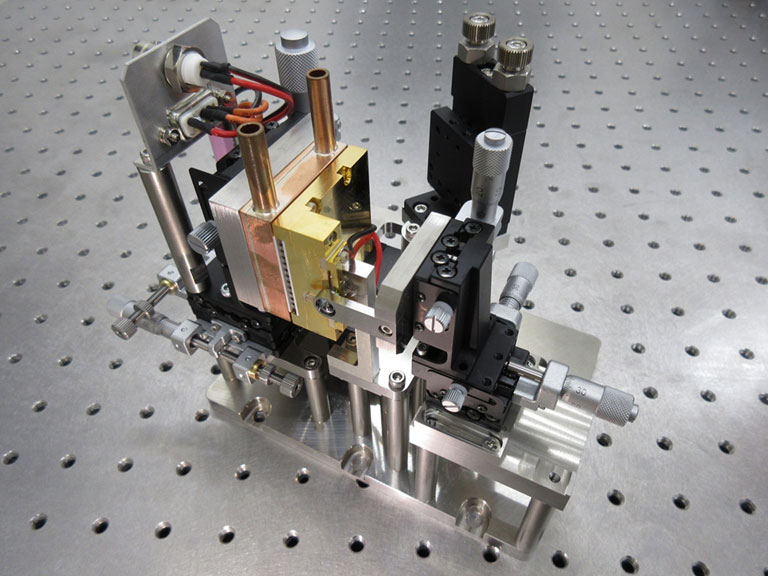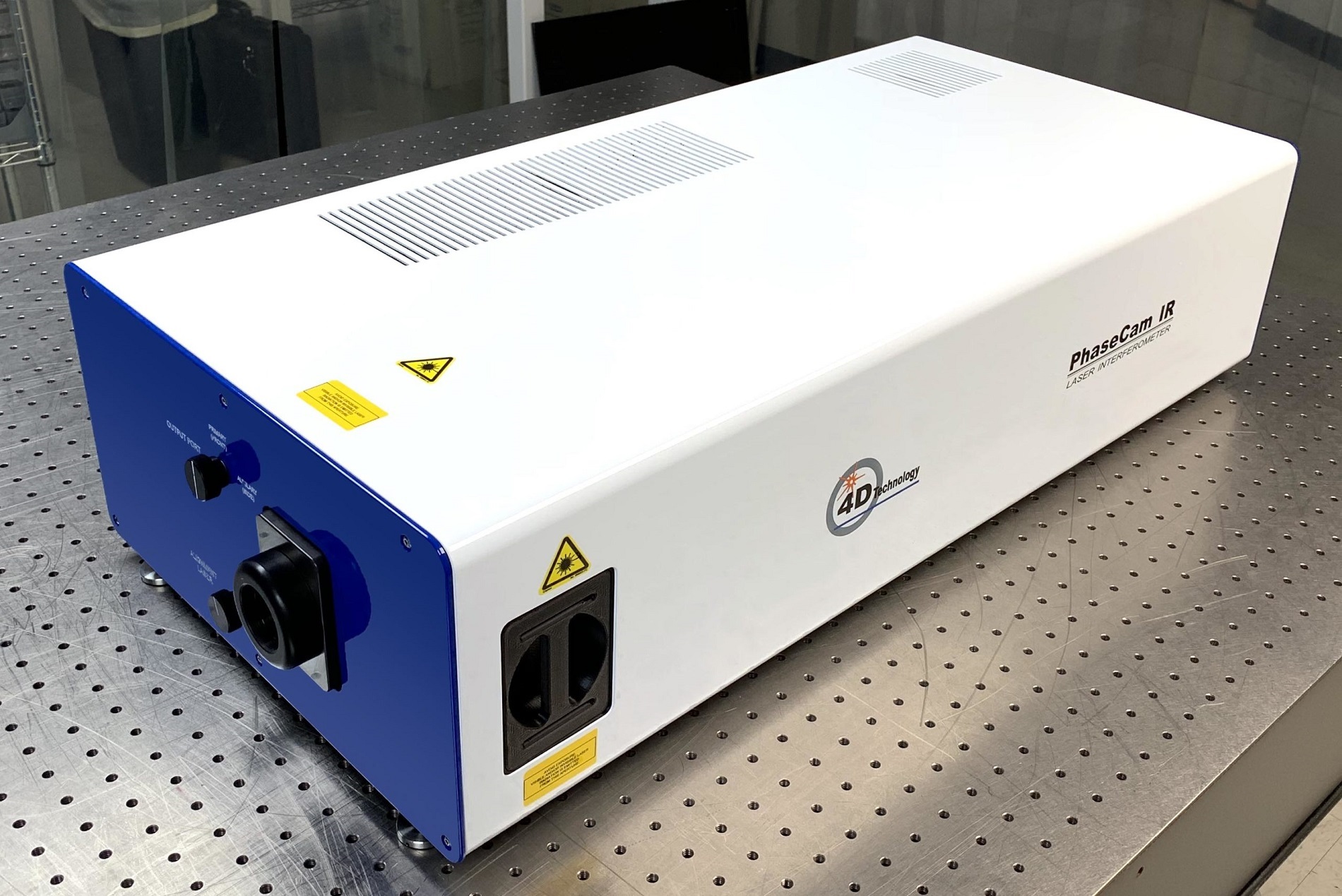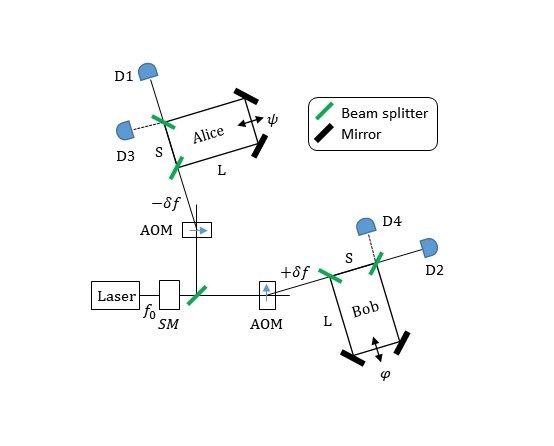12 December 2016
Ultraprecise measurements of physical quantities lie at the heart of modern science and span fields ranging from physics to biology. In recent decades, scientists have discovered that entanglement, a peculiar form of physical correlations predicted by quantum mechanics, can be used to attain measurement precision beyond the reach of classical statistics. Researchers can accordingly sense physical quantities such as the magnitude of electric or magnetic fields or the deformation of interferometer arms by gravitational waves with unprecedented resolution. However, entanglement alone is not sufficient for quantum-enhanced precision to be observed. ICFO researchers Michal Oszmaniec, Remik Augusiak, Christian Gogolin and Janek Kolodynski from the research groups led by ICREA Professors at ICFO Antonio Acín and Maciej Lewenstein have recently shown in a paper published in Physical Review X that, surprisingly, usefulness for quantum-enhanced sensing is not specific to a particular type of quantum states, but is rather a generic property of bosonic particles such as photons.
The authors theoretically study the usefulness of random states for quantum-enhanced phase measurements, which in case of optical interferometry correspond to sensing the difference between the path travelled by beams of light—a technique recently employed to observe gravitational waves for the first time. . They show that general pure states of distinguishable particles chosen at random, despite their high entanglement, do not offer an asymptotic advantage in sensing, as compared with classical strategies. However, it turns out that, surprisingly, if one considers photons for which the randomly generated states must describe bosons, the ultimate precision limits set by quantum mechanics can be even attained. Moreover, such phenomenon can be observed despite finite noise or a finite number of photons being lost. .. Interestingly, the researchers demonstrate that the desired bosonic states can be simulated with use of short random optical circuits and the ultimate precision can always be achieved simply by measuring the number of photons at the output ports of an interferometer.
The results of ICFO researchers firmly confirm that, as far as our description of quantum world is concerned, photons are indeed good candidates for the quantum metrology experiments.

Random states of photons do surprisingly well in quantum metrology
Quantum metrology with sensing probes prepared at random in Physical Review X

Random states of photons do surprisingly well in quantum metrology













